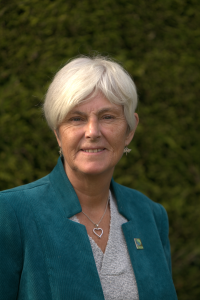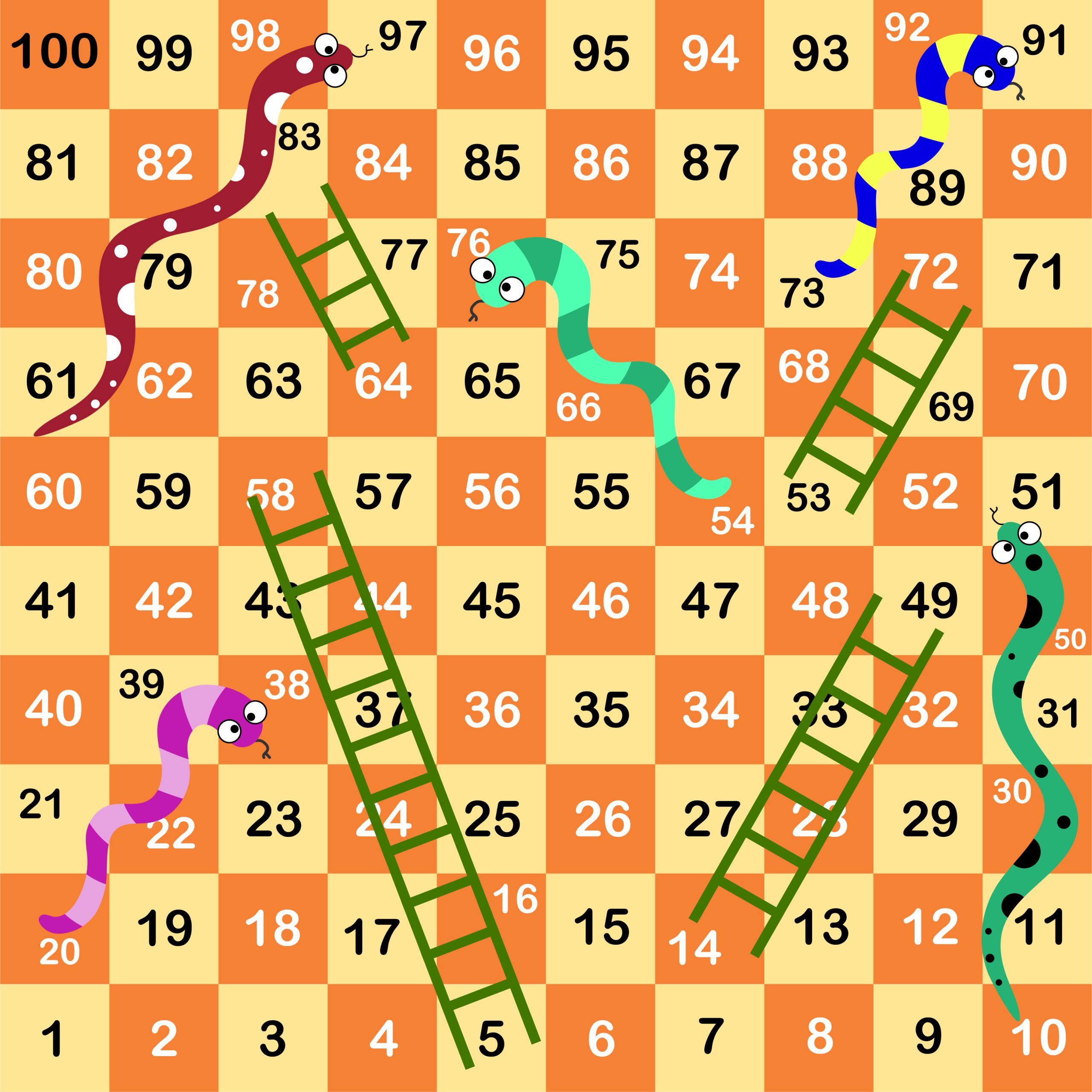Another Game of Snakes and Ladders – By Sally Hayns CEcol FCIEEM
The Westminster Government’s approach to environmental policy and legislation in England (but with implications for the rest of the UK too) has felt like a game of snakes and ladders in recent weeks with nature and the environment sliding down a very long snake after years of painstaking and concerted effort by stakeholders to move them slowly but steadily up a series of political ladders.
But it’s not a game, is it? And for those of us who have actively been engaging with parliamentarians and civil servants to make the case for investment to tackle the biodiversity crisis and climate emergency, this feels like dark and desperate times.
In recent years there had been significant progress in making politicians and key decision-makers aware that we do not have to choose between a healthy economy and a healthy environment – we can have both and we need both. They are inextricably linked. Sadly, however, we seem to be falling back on the economy versus the environment scenarios of old. We cannot let that happen.
This makes it even more important to cut through the rhetoric and media speculation and focus on what the Government will actually aim to do. It requires a lot of patience (as we are already seeing the draft proposals for the Growth Plan and Brexit Freedoms Bill allegedly change on an almost daily basis) and a cool head.
As a professional body we are in a unique, and at times challenging, position. We represent you, the professional practitioners from across all the employment sectors, whose work is directly influenced by environmental legislation and policies on a daily basis but also whose work contributes to national and international environmental targets and outcomes. We are not a campaigning organisation but instead must use our influence and evidence to, once again, advocate the importance of a healthy environment to societal wellbeing. We must use our voice to persuade decision-makers that, yes, we need growth but it needs to be green growth. It needs to be growth that is sustainable and equitable. Growth that supports nature’s recovery and builds our natural capital. Growth that also secures a healthy environment for future generations.
We also need to understand why these messages appear, on the whole, to be so much more clearly heard in administrations outside of Westminster. We need to draw on the positive approaches to placing the environment at the heart of economic wellbeing that we are seeing to varying degrees, in Scotland, Wales and across the island of Ireland. Why the difference in political understanding and acceptance?
Of course a lot of CIEEM’s work has to go on behind the scenes through direct engagement with decision-makers and I understand that this can be frustrating for members who would like us to be ‘on the attack’. But that cannot be our way. We can and do support and work strategically with environmental NGOs and I am sure that many of you, like me, will want to get involved at a personal level by writing to your MP or joining a protest march. However, as CIEEM, we need to take a deep breath and approach these difficult and challenging times with rational arguments supported by hard evidence and viable solutions, but that is not to say that we will not be critical and forceful where appropriate.
I am not going to pretend that it is going to be easy but, to paraphrase American writer Robert Fulghum, this really is a time when we need to hold hands and stick together.
 By Sally Hayns CEcol FCIEEM
By Sally Hayns CEcol FCIEEM
Sally has been an ecologist for more than 30 years, working primarily in the eNGO and public sectors across a range of challenging and enjoyable roles. She joined the (then) Institute of Ecology and Environmental Management as CEO in 2010 and has been instrumental in driving forward change within the Institute and the profession. Under her stewardship, the Institute gained its Royal Charter in 2013 and has seen steady membership growth.
Blog posts on the CIEEM website are the views and opinions of the author(s) credited. They do not necessarily represent the views or position of CIEEM. The CIEEM blog is intended to be a space in which we publish thought-provoking and discussion-stimulating articles. If you’d like to write a blog sharing your own experiences or views, we’d love to hear from you at SophieLowe@cieem.net.
